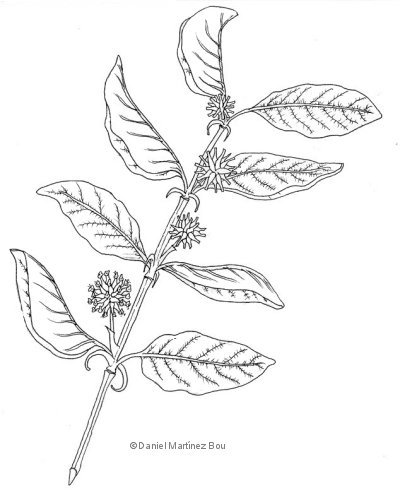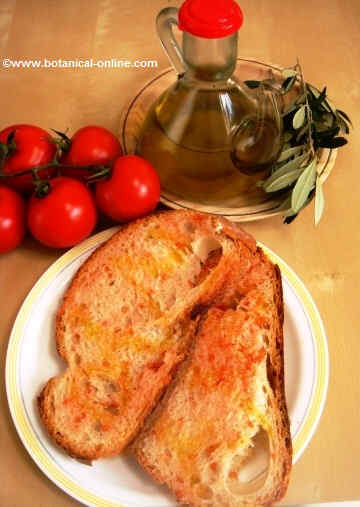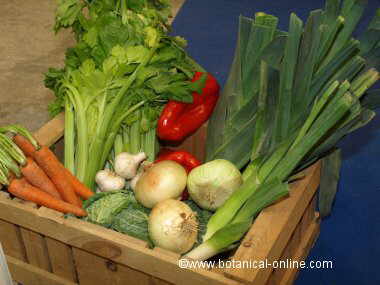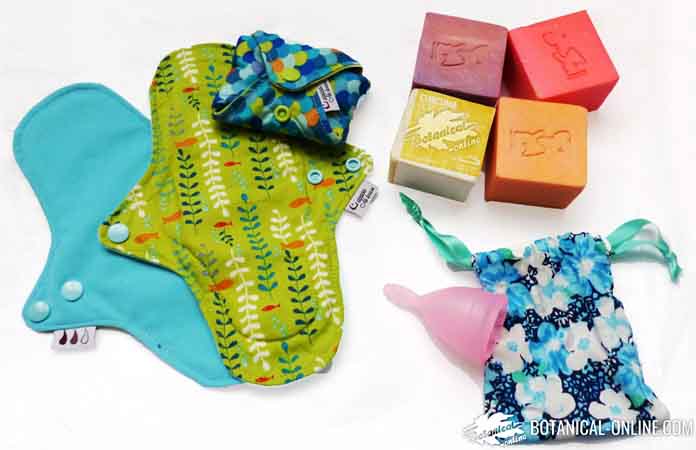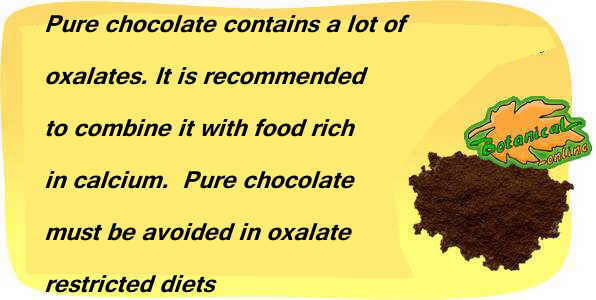Contents
Nutrients in cereals
Cereals. A rich fiber food group
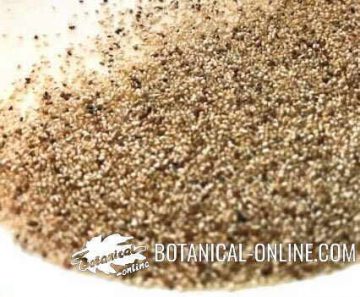 Whole grains, that is to say, those who have not undergone a refining process, are very rich in fiber. Fiber is found mainly in the outer layers of the grain.
Whole grains, that is to say, those who have not undergone a refining process, are very rich in fiber. Fiber is found mainly in the outer layers of the grain.
The refinement consists of removing the outer layer of flour for white or non-whole grain.
By refining the grain lots of fiber is lost. We know, for example, that the whole wheat flour has about 12 gr. of fiber per 100 grams in weight, while the refined only reaches a little over 2 grams.
Fiber is necessary for the organism. Its role in the control of the constipation is crucial. Also its ability to decrease cholesterol levels has been recognized. We must not forget also the importance of this component has in preventing colon cancer.
Regarding the control of feces, fiber increases and promotes bowel evacuation faster which gets the toxins in the stool from the bowel are expelled, before being absorbed by the body itself. Of all these, is particularly interesting for fiber-highest percentage in oats.
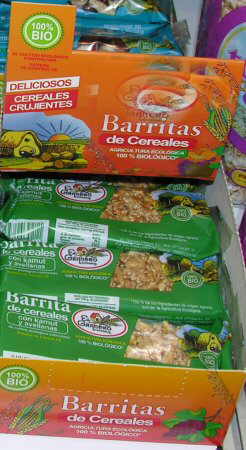
Cereals are very interesting in the prevention of breast cancer in women and prostate cancer in men. Some cereals, such us wheat, contain lignans, others as their own wheat or oats are rich in acid lactones. These compounds inhibit the development of human estrogens, that appear to be responsible for the development of cancer cells. (See fiber properties)
Cereals, rich in vitamins, minerals and proteins
Whole cereals are rich in vitamins that appear as much in the outer shells as in the germ. Among all the vitamins, cereals are especially important is vitamin E (the wheat germ oil, with 20.3 mg of vitamin E per tablespoon is the food richest in this vitamin.) Vitamin E is a powerful antioxidant so its role in the detoxification of agencies is vital.
The combination of this vitamin with the lignans gives these foods great power to neutralize free radicals and prevent these can damage the body. It has been shown that regular consumption of grains protects against heart disease, against mental degeneration that produces Alzheimer, or other forms of dementia, protects the eyes against the vision loss or the formation of the cataracts and, even, constitutes a form to prevent the appearance with cancers.
Whole grain cereals are rich in vitamin B. Vitamin B is primarily responsible for maintaining the nerves in good state, to take care of mind health and to fortify the defenses. Some, like maize, for example, are very rich in vitamin B 9 (Folic acid) necessary for the correct development of the fetus. Others, such as corn, are very rich in B1 vitamin or thiamin. This vitamin is necessary for the body to convert food into energy and for the brain to absorb glucose, necessary for its proper functioning.
What minerals do cereals contain?
Regarding minerals, they all contain enough minerals in case they are not refined because minerals in cereals appear in the outer layers of the grain or seed coat.
The main minerals containing cereals are iron, magnesium and calcium. For example, oatmeal is rich in iron, needed to prevent anemia and calcium, very useful for the formation of bones and teeth and prevent osteoporosis. Equally interesting to keep the heart rate and for the proper functioning of the muscles. Magnesium is involved in bone health and circulatory system. Its deficiency can lead, for example, hypertension, arrhythmias, kidney problems, diarrhea or hair loss.
Besides these three main minerals the cereals contain other very interesting minerals for the health. Among them we have the potassium, very suitable for fluid retention as well as for the control of the hypertension. (Rice is very rich in this mineral), phosphorus, copper, sodium, zinc or manganese.
What proteins do cereals contain?
Cereals are rich in proteins. These proteins are found in the inner mass or endosperm and in the germ. Among rich-protein cereals, oats and wheat stand out.
The protein content of cereals is not no complete as that of meat due to lack of some essential amino acids such as lysine. However, the grains can be combined with other plant foods such as vegetables, to complement.
A good combination of plant foods containing cereals, legumes, vegetables, nuts and seeds can provide adequate protein without eating meat.
GRANOLA BARS, RICH IN CEREALS The cereal bars can be a great snack to take at mid-morning or afternoon snack. Very suitable for providing energy to students, for school tasks or for doing sports. The best are those that contain whole grain with honey. They should be eaten in moderation because they contain many calories in very low weight. |
Problems with proteins of cereals
Some people are allergic to proteins in some cereals. Some cereals (wheat, barley, rye and oats) contain the proteins gliadin and glutein , which, when mixed with each other and other components of the grain, form gluten, a viscous substance very water-absorbent that allows to give consistency to bread.
Gluten is responsible for numerous food poisoning in people who are intolerant to it . This disease is known as celiac disease.
![]() More information on cereals
More information on cereals


